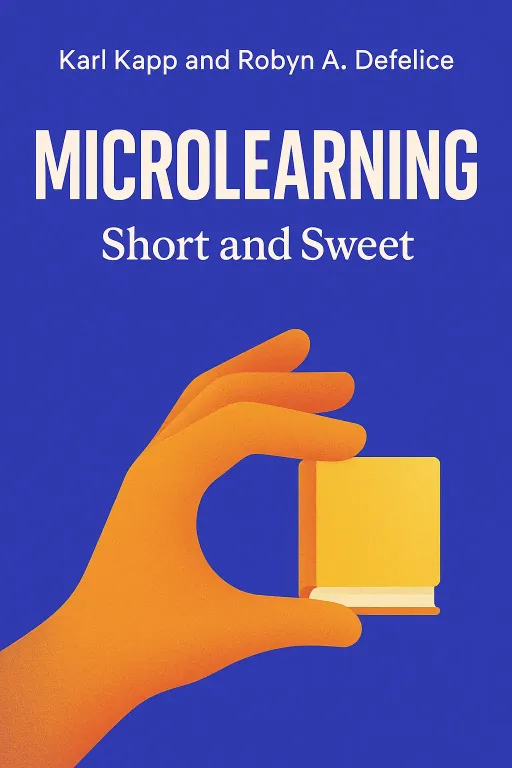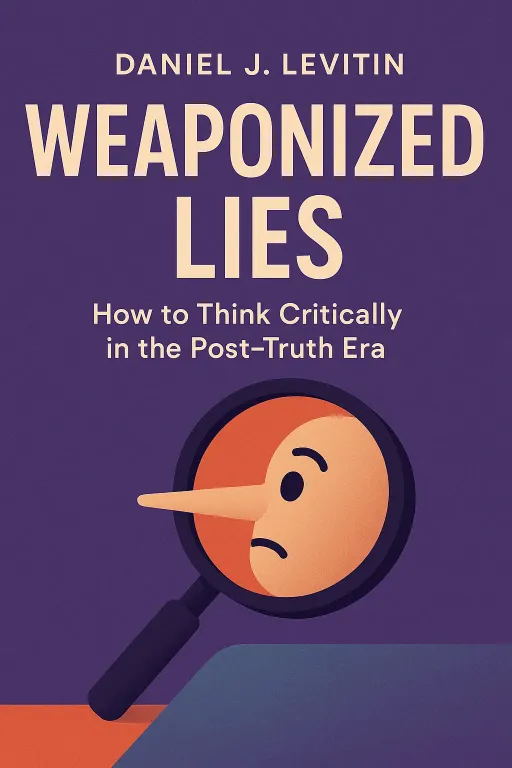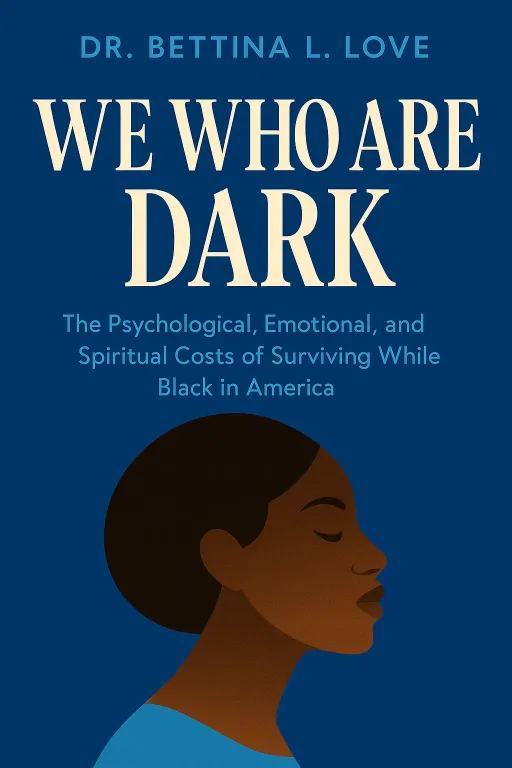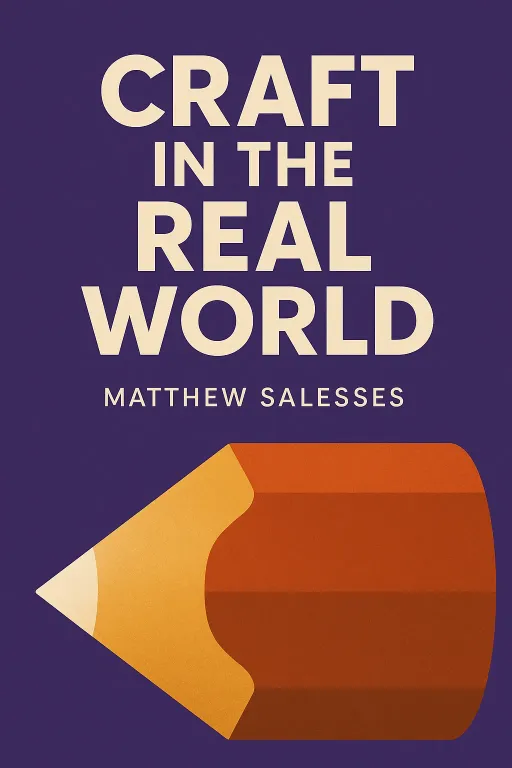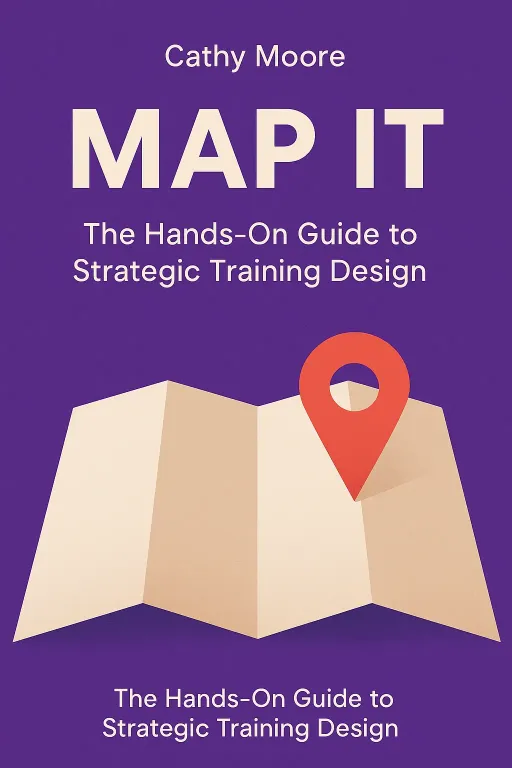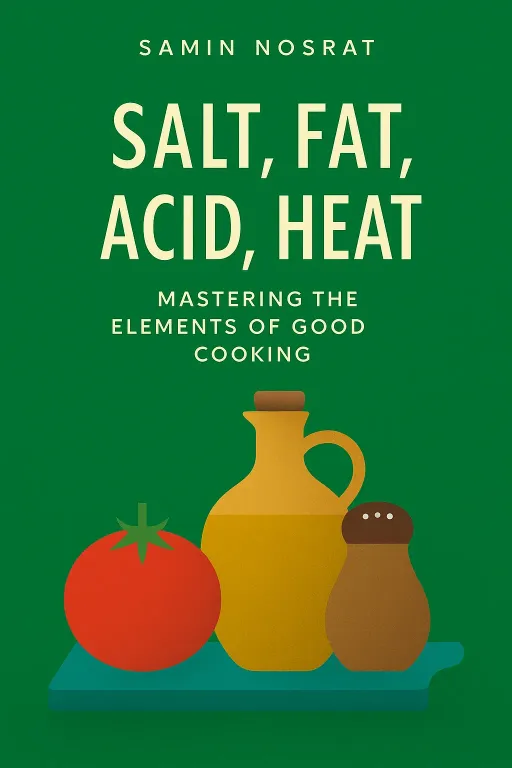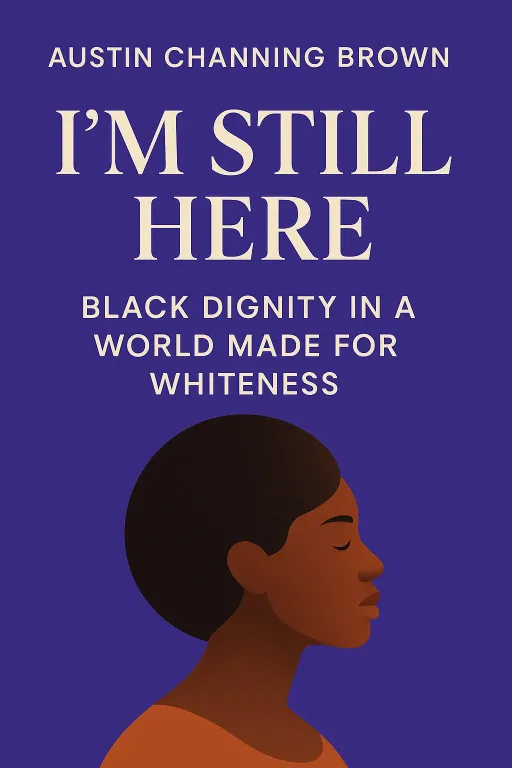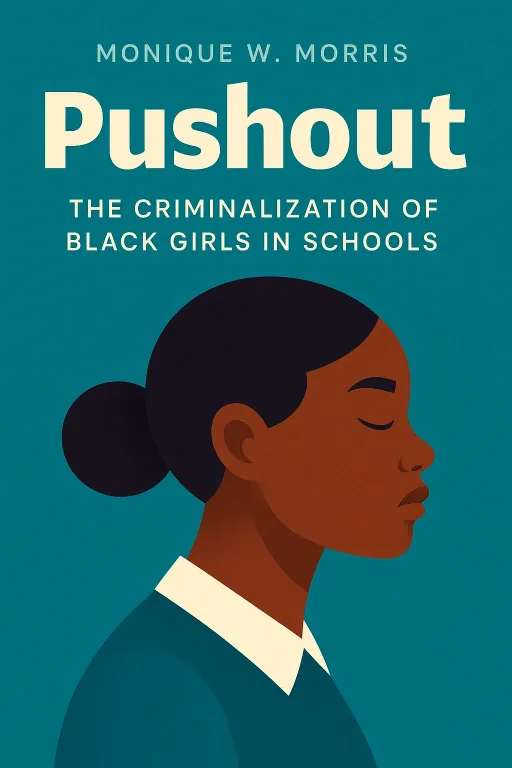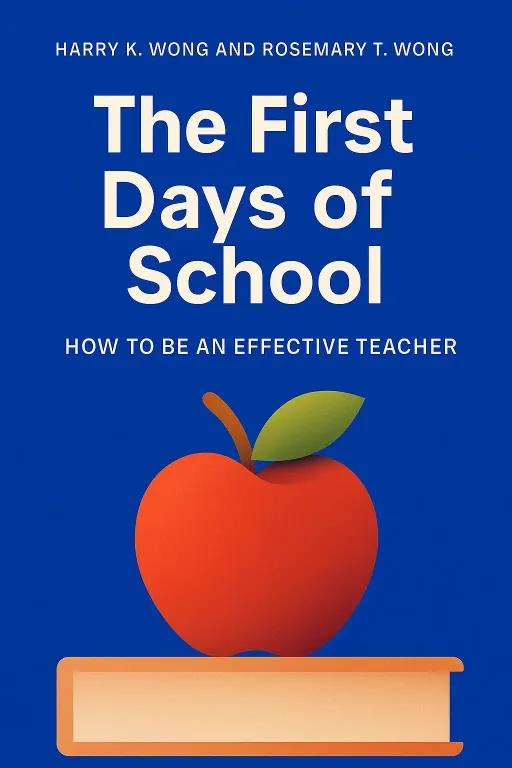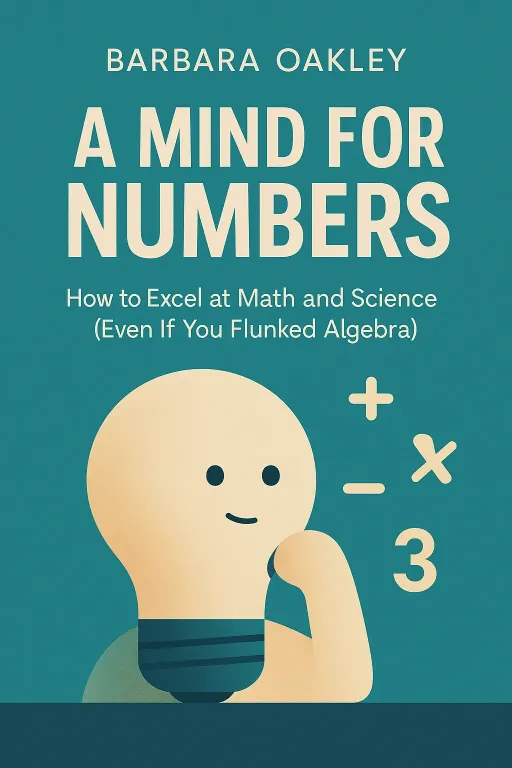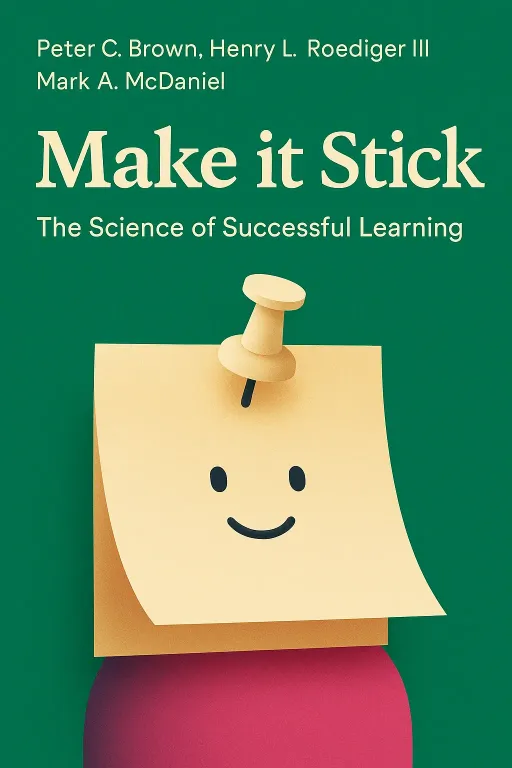
The Learning Illusion
15 minThe Science of Successful Learning
Golden Hook & Introduction
SECTION
Laura: Alright, Sophia, I have a five-word review for every student's favorite study technique. Sophia: Oh, I'm ready. Hit me. Laura: Highlighting your textbook is useless. Sophia: Excuse me? I'm sorry, what? That was my entire personality in university! My textbooks looked like a flock of neon highlighters had exploded on them. You’re telling me that was all for nothing? Laura: I am. And not just me. That’s the core message from some of the sharpest minds in cognitive science. We’re diving into a book today that completely dismantles how most of us think we learn. It’s called Make It Stick: The Science of Successful Learning by Peter C. Brown, Henry L. Roediger III, and Mark A. McDaniel. Sophia: Make It Stick. I like that. It’s confident. But is it just another book of study tips? Because I feel like I’ve read a thousand of those. Laura: That's the fascinating part. It's not just tips; it's a deep dive into the 'why'. The authors aren't just self-help gurus. Roediger and McDaniel are two of the world's leading cognitive psychologists, and they teamed up with a professional writer, Peter Brown, to translate decades of rigorous lab research into something we can all use. Sophia: Okay, so it has some serious academic muscle behind it. Laura: Exactly. And their work has been adopted by everyone from classroom teachers to U.S. Navy SEAL trainers. Because when the stakes are that high, you don't use methods that just feel good. You use methods that are proven to work under extreme pressure. Sophia: Navy SEALs? Alright, now I'm listening. If it's good enough for them, maybe it's good enough to help me remember my grocery list. So, if my beloved highlighters are a lie, what’s the great secret? Laura: The secret starts with understanding a powerful deception our brains play on us. It’s this fascinating phenomenon called the 'illusion of knowing'.
The Great Deception: Why We're All Learning Wrong
SECTION
Sophia: The 'illusion of knowing'? That sounds ominous. It sounds like the title of a spy movie. What is it? Laura: It's that feeling of confidence you get when you're rereading a chapter or looking over your highlighted notes. The words are familiar, the concepts feel easy, and you think, "Yep, I've got this." But that feeling of fluency is dangerously misleading. Sophia: Wait, why is fluency a bad thing? Isn't that the goal? To be fluent with the material? Laura: It's not that fluency itself is bad, but our brains mistake familiarity for mastery. The book tells this story that I think will hit home for a lot of people. It’s about a first-year university student, a really diligent one. He's in an intro psychology class, he attends every single lecture, takes meticulous notes, reads the textbook, and carefully highlights all the critical passages. Sophia: I know this person. I was this person. He sounds like a model student. Laura: He thought so too. He reviewed his highlighted notes and the text over and over again until he felt he knew it inside and out. He was completely confident. Then he took the first test. Sophia: Oh no. I feel a tragedy coming. Laura: He got a very low grade. He was totally crushed and confused. He went to his professor and said, "I don't understand. I knew this stuff cold." Sophia: Wow. That is a deeply relatable and painful story. So what went wrong? He did everything we're told to do. Laura: Exactly. He was a victim of the illusion of knowing. His repeated rereading made the text incredibly familiar, but it didn't build real, durable knowledge. He hadn't actually engaged in the one thing that builds memory: retrieval. He never once tried to recall the information from his own mind without looking at the page. He never tested himself. Sophia: So just seeing the information again and again doesn't burn it into your brain? That seems so counterintuitive. Laura: It is! And there are such simple, brilliant examples of this. Think about a penny. A simple, common coin you've seen thousands of times. If I showed you a dozen drawings of a penny, with slight variations—Lincoln facing left, the placement of "In God We Trust"—could you pick the correct one with 100% confidence? Sophia: Absolutely not. I’d be guessing. That’s a great point. I’m familiar with it, but I don’t know it. Laura: That's the illusion in a nutshell. The book even cites a study at UCLA where they asked faculty and students who worked in the Psychology Building to point to the nearest fire extinguisher. Most failed. One professor, who had worked there for twenty-five years, was stunned to discover it was right next to his office door. He'd seen it every day for decades, but that passive exposure meant nothing. Sophia: Okay, I'm starting to get scared about how little I actually know. But for complex ideas, not just pennies or fire extinguishers, surely rereading helps something sink in? It has to be better than nothing, right? Laura: You'd think so, but the research is pretty brutal on this. The authors, being scientists, point to specific studies. At Washington University, they had students read passages from textbooks. One group read a passage once. Another group read it twice, right in a row. Then they tested them. Sophia: And the rereaders did way better? Laura: They found no rereading benefit at all. None. The effort spent on that second reading was, for all intents and purposes, wasted time that could have been spent on a strategy that actually works. Sophia: My whole academic career is flashing before my eyes. It feels like I've been trying to build a house with sand. So if all the easy, comfortable methods are a lie, what are we supposed to do? What does work? Laura: This is where it gets really interesting. The answer lies in embracing the very thing we try to avoid: difficulty.
The Power of Desirable Difficulties
SECTION
Sophia: 'Desirable difficulties'. Okay, that sounds like a complete oxymoron. Like 'jumbo shrimp' or 'silent alarm'. What on earth is a desirable difficulty? Laura: It's the core idea of the whole book. The authors have this fantastic quote: "Learning that’s easy is like writing in sand, here today and gone tomorrow." Desirable difficulties are learning strategies that feel harder, that slow you down, and that make you feel less productive in the moment. But it’s that very effort that builds strong, long-lasting memories. Sophia: So the struggle is actually the point? It’s a feature, not a bug? Laura: Precisely. And the number one desirable difficulty is retrieval practice. Simply put, it's the act of recalling information from memory. It’s testing yourself. Sophia: Ah, so it's like, rereading is watching a workout video, but retrieval is actually doing the push-up. It's harder, but that's where the muscle gets built. Laura: That is the perfect analogy! Every time you pull a memory out of your brain, you aren't just accessing it; you are strengthening its neural pathways and making it easier to find next time. And you're also interrupting the process of forgetting. Sophia: Okay, that makes sense conceptually. But does it really make that big of a difference in the real world? Laura: It makes a massive difference. There was this fantastic experiment in an eighth-grade science class in Illinois. The researchers had the students study different parts of the curriculum in two ways. For one set of topics, the students were given low-stakes quizzes—they just had to retrieve the information. For another set of topics, they just reviewed the material multiple times, the classic rereading approach. Sophia: An A/B test on real kids. I love it. What happened? Laura: A month later, on the final exam, the results were staggering. For the material they were quizzed on, the students averaged an A-minus. For the material they only reviewed, they averaged a C-plus. A full grade and a half difference, just from changing the study method from passive review to active retrieval. Sophia: Wow. A C-plus to an A-minus is a life-changing difference for a student. And all they did was switch to quizzing themselves? Laura: That's the power of it. And it's not just about quizzes. It's about spacing out that practice. Instead of cramming for five hours straight—what they call 'massed practice'—it's far more effective to study for one hour on five separate days. That little bit of forgetting that happens between sessions forces your brain to work harder to retrieve the information, which, counterintuitively, strengthens the memory. Sophia: That explains why cramming for a test works for the next day, but a week later, your brain is a total blank slate. Laura: Exactly. And you can supercharge this with another technique called interleaving. This is where you mix up your practice instead of blocking it. The book gives this amazing example from a Cal Poly baseball team. Sophia: Baseball? How does that connect? Laura: Well, standard batting practice is blocked. You get 15 fastballs, then 15 curveballs, then 15 changeups. It's predictable. You get into a groove. But the researchers had one group practice with the pitches randomly interleaved. A fastball, then a changeup, a curveball, another fastball. Sophia: That sounds way harder. And probably more frustrating for the batters. Laura: It was! During practice, the batters in the interleaved group performed worse. They felt less successful. But when they were tested in a real-game-like situation later, they showed "markedly better" hitting. The struggle of having to constantly discriminate between pitches and adjust their swing built a more flexible, adaptable skill. Sophia: That's incredible. So the frustration and the lower performance during practice were actually the things making them better in the long run. They were embracing a desirable difficulty without even knowing it. Laura: That's it. They were practicing like they play, so they could play like they practiced. And that applies to everything, whether you're learning math problems, musical scales, or a new language. Mixing it up forces your brain to build a deeper, more conceptual understanding.
Beyond a Fixed Mind: How to Actually Increase Your Abilities
SECTION
Sophia: Okay, this all sounds great in theory, but it also sounds… well, hard. It requires a different kind of mindset. What about people who say, "I'm just not a math person," or "I have a bad memory"? Does this stuff work for them too, or are some people just wired differently? Laura: This is my favorite part of the book, because it's so empowering. The authors take a sledgehammer to the idea of fixed abilities. First, they tackle the myth of 'learning styles'. Sophia: Oh, the idea that I'm a 'visual learner' so I need diagrams, or you're an 'auditory learner' so you need lectures? Laura: That's the one. It's a massive industry, but the authors state bluntly that after decades of research, there is no persuasive evidence that matching instruction to a preferred learning style improves learning. Sophia: No evidence? At all? That's a huge claim. Laura: It is, but they stand by it. What matters more isn't your supposed 'style,' but whether you use effective, evidence-based strategies like retrieval and spacing. A better way to think about it is that we all learn better when we draw on all our aptitudes. We learn better when we combine the verbal with the visual, when we express ideas in our own words and connect them to what we already know. Sophia: So instead of boxing myself in as a 'kinesthetic learner,' I should be trying to engage with the material in as many ways as possible? Laura: Exactly. And that ties into the bigger idea of a 'growth mindset,' a concept from the work of psychologist Carol Dweck, which the book highlights. It's the belief that your intellectual abilities aren't fixed but can be developed through dedication and hard work. Sophia: The opposite of the 'I'm just bad at math' excuse. Laura: Right. The book emphasizes that effortful learning literally changes your brain, building new connections and capabilities. It’s not just a metaphor. And this is where the practical application comes in. The book talks about memory athletes, people who can memorize the order of multiple decks of shuffled cards. Sophia: I've heard of them. They must have photographic memories, right? Some kind of genetic gift. Laura: That's what everyone thinks. But the book profiles people like James Paterson, who became a memory champion. He wasn't born with a special brain; he just learned and practiced mnemonic techniques, like the 'memory palace'. He proved that an extraordinary memory is a skill you can build, not a gift you're born with. Sophia: A memory palace... that's where you associate things you want to remember with locations in a familiar place, like your house, right? Laura: Yes! You create vivid, bizarre images and place them in different rooms. It works because our brains are exceptional at spatial and visual memory. It's another desirable difficulty—it takes effort to create the images, but it makes recall incredibly powerful. Sophia: That brings it all full circle. The distressed psychology student from the beginning... he wasn't 'bad at psychology.' He was just using the wrong tools and had the wrong mental model about what learning even is. He thought it was about passively absorbing information. Laura: He did. If he had known about retrieval, spacing, and the fact that his ability wasn't fixed, he could have turned that failure into a stepping stone. He could have seen the struggle not as a sign of his own inadequacy, but as the very engine of learning.
Synthesis & Takeaways
SECTION
Sophia: It's really a profound shift in perspective. We spend so much of our lives trying to make things easier, to find the shortcut, the path of least resistance. Laura: We do. And in so many areas of life, that's a smart strategy. But what this book argues so compellingly is that when it comes to durable learning, that instinct is completely wrong. The big takeaway isn't just a list of study tips. It's a fundamental re-evaluation of what effort means. Sophia: Right. The struggle isn't a sign that you're failing or that you're not smart enough. The struggle is a sign that your brain is actually working. It's building the connections, strengthening the pathways. The resistance is the path. Laura: That's the perfect way to put it. The book gives us permission to struggle. It reframes mistakes not as failures, but as data. An error on a practice test isn't a judgment on your intelligence; it's a beautifully clear signpost pointing directly to what you need to work on next. It's a gift. Sophia: That's a much more resilient and, honestly, a kinder way to approach learning. It takes the ego out of it. It's not about being 'smart,' it's about being strategic. Laura: And it's a strategy anyone can adopt. You don't need a special brain or a high IQ. You just need to be willing to embrace a little bit of desirable difficulty. Sophia: It really makes you wonder, what's one area in your life—at work, a hobby, anything—where you've been choosing the 'easy' path of passive rereading instead of the 'hard' path of active retrieval? What could you test yourself on this week? Laura: That's a fantastic question for everyone listening. Maybe it's trying to explain a key concept from a meeting to a friend without looking at your notes. Or maybe it's spacing out your Duolingo practice instead of cramming it. We'd love to hear about it. Share your own 'desirable difficulty' experiments with the Aibrary community on our socials. Sophia: It’s a challenge, but a good one. A desirable one. Laura: This is Aibrary, signing off.
